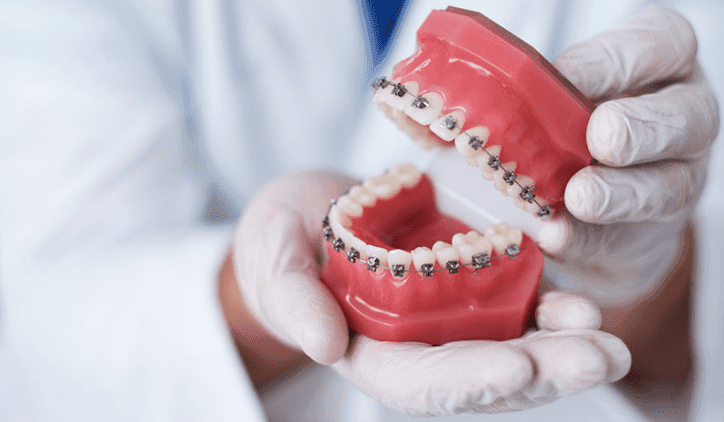 Why do we have wisdom teeth? Scholars believe that we have wisdom teeth as the evolutionary answer to eating raw meats, vegetables, and roots. These third set of molars grow in some people between the ages of seventeen and twenty-five, or the wisdom years.
Why do we have wisdom teeth? Scholars believe that we have wisdom teeth as the evolutionary answer to eating raw meats, vegetables, and roots. These third set of molars grow in some people between the ages of seventeen and twenty-five, or the wisdom years.
Under what circumstances should your wisdom teeth be removed? Continue reading to find out!
Common Causes for Wisdom Teeth Removal
Incorrect Growth
When wisdom teeth grow in, sometimes they take up too much space in the mouth. These teeth cannot be straightened out with braces. When the mouth is overcrowded, there is no procedure that can be done to make the teeth all fit together. The only option is to have them removed. A dentist can determine which teeth and how many need to come out. They might have to extract all of them or only a few.
Pain and Irritation
Sometimes wisdom teeth can cause aches and pains. If these pains occur, contact your dentist to find the right solution. They can determine if it is the actual wisdom teeth or if something else is causing the pain.
Difficulty Eating
If you experience pain while eating, this might be a reason to have your teeth taken out. Food could be getting stuck in between the gums and the tops of the teeth. This could cause a lot of problems if you cannot get to the back of the mouth and clean well enough while brushing.
A Cyst Forms Around the Tooth
When a sac next to the teeth becomes filled with fluid, this is called a cyst. If it goes untreated, it can destroy bones, roots and surrounding structures. It becomes too severe, it can turn into a tumor and require additional surgery.
Teeth are Not Straight
If the wisdom teeth grow in crooked, they can make the other teeth shift and move over. They might even damage the other teeth. Extraction can prevent the other teeth from having any damage.
Sinus Issues
You wouldn’t think wisdom teeth can cause sinus problems, think again. These problems arise when teeth grow in on the upper jaw. When the teeth grow and roots develop, they can push and rub against the sinuses putting pressure on them. Even though this problem doesn’t happen frequently, wisdom teeth can sometimes lead to sinus pain, pressure, headaches, and congestions.
Cavities
The position of the wisdom teeth can have a big impact on cleaning surfaces where bacteria can hide. If the gums become irritated, pockets can develop between the teeth and cause bacteria to grow. This will then promote the development of cavities leading to infecting and affecting more than just your teeth.
Inflamed Gums
Sometimes when wisdom teeth start sprouting out, it can create a flap of gum tissue that resides next to the tooth. This gum tissue can trap small particles of food and bacteria. Tissue around the teeth can become hard and inflamed, making it hard to clean. This is called pericoronitis, it can also occur around wisdom teeth that are still underneath your gums.
Do you think you need your wisdom teeth removed? Schedule an appointment with Snow Family Dentistry today and call 48-982-7289!








